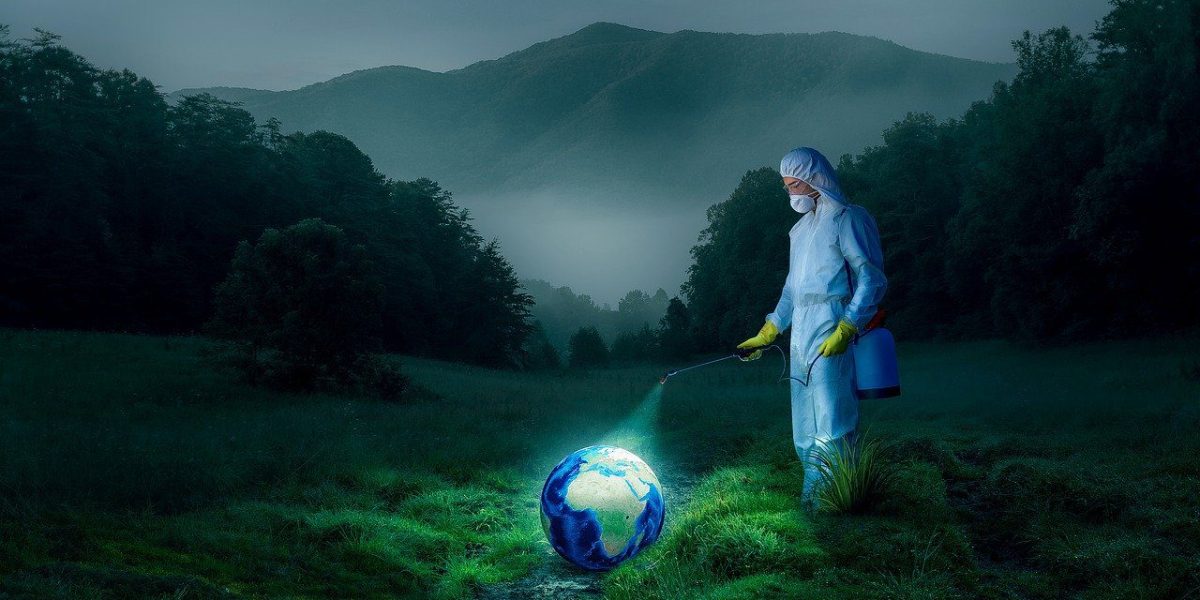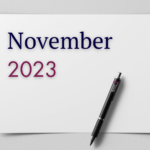|
Getting your Trinity Audio player ready...
|
– Andrew Macken
Australia’s ability to “flatten the curve” amidst this once-in-a-century pandemic appears extraordinary. Against numerous epidemiological forecasts of a healthcare calamity, including overflowing ICUs and thousands of deaths, it appears the spread of COVID-19 has been largely contained. The economic cost, however, has been extraordinarily large and continues to grow. The true unemployment rate may already be in the double-digits and many tens of thousands of small businesses will likely close when all is said and done.
Some are asking was it all worth it? If COVID-19 was not as bad as the forecasters led us to believe, did we need to impair the economy the way we did?
And therein lies the challenge of counterfactuals which are naturally unobservable. It is impossible to know the extent to which COVID-19 would have been contained, or not, in a scenario in which Australians did not go into extreme lock-down at the expense of the broader economy. And based on the experience of other countries, one could easily surmise that Australia’s extraordinary curve-flattening was indeed a direct result of the costly lock-downs. But we will never know for sure. And this makes the life of a political leader particularly challenging.
Take the issue of climate change. Left unchecked, the probability of resulting environmental catastrophe is rated anywhere from high to low, and is usually correlated with one’s political leanings. But given the severe consequences, any non-zero probability of such a catastrophe implies sensibility in taking some upfront action, incurring some economic cost, to “contain” the risk before it spirals out of control.
Back to the political leadership who chooses to incur an economic cost to take such action to mitigate the climate risk. No catastrophe emerges, but the economic costs remain visible. Some would naturally ask was it worth the cost if the forecasts of catastrophe turned out to be seemingly overstated? Again, this is the challenge of a hidden counterfactual. The catastrophe was likely avoided only because of the economic costs that were incurred. But we will never know for sure.
Finally, investors need to deal with a related concept called “alternative histories” all the time. As the saying goes: many things can happen but only one thing will happen. But whatever does happen, the fact remains that many things could have happened.
Many were shocked to learn recently that Warren Buffett did not buy shares in the recent equity market selloff – and instead was liquidating many positions rapidly.
How could this make sense when markets have now bounced back so strongly? One conclusion might be that he was simply wrong? Some have suggested that he is passed his prime or has lost his nerve.
But perhaps he is protecting against a scenario which may or may not eventuate, but which remains possible – so is worth protecting against.
The economic impact of COVID-19 is extraordinary. The global economy has become significantly more impaired in a much shorter period of time than in the 2008 GFC. Millions of workers have lost their jobs, millions of businesses are in the process of closing; and most will come out the other side with reduced savings and higher borrowings that need to be repaid over time.
For those investing in equities today, there remains significant downside potential today. Evan Greenberg, the CEO of Swiss-based insurer, Chubb, said only days ago that this will be “the largest event in insurance history.”
Warren Buffett remains defensively positioned today because he is protecting against a stock market scenario which has not played out. Today this scenario he is protecting against is called an alternative history. Over the coming weeks and months, it may well become history.
Andrew Macken is the Chief Investment Officer of Montaka Global Investments.
To learn more about Montaka, please call +612 7202 0100.





